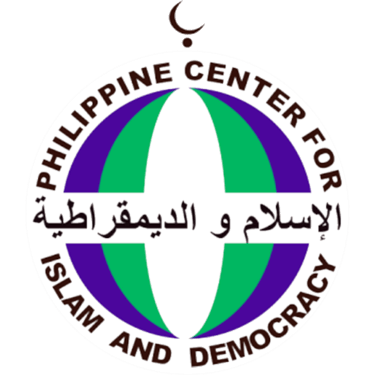Papers, Newsletters, Reports & Statements6 years after siege, forum sets “#EyesOnMarawi”
6 years after siege, forum sets “#EyesOnMarawi”

A day before the Marawi Siege’s 6th anniversary, the Philippine Center for Islam and Democracy (PCID), UP Law Center’s Institute for Administrative Justice and Islamic Studies Program, and the Mindanao State University (MSU), with technical assistance from Impact Publishing, held the #EyesOnMarawi Forum to discuss the lived realities of Marawi’s internally displaced persons (IDPs). On Monday, May 22, speakers Atty. Saliha Lalanto, Amb. Macabangkit Lanto, Dr. Steven Muncy, and Rep. Zia-Ur Rahman Adiong took part in the panel discourse moderated by Atty. Senando Angelo Santiago.
The Marawi Siege alarmed the nation when it incited the flight of around 350,000 people and left more than 1,000 dead in its wake. According to MSU President Atty. Basari Mapupuno, the brutal destruction involved burned schools, mosques and churches, bombings, attacks on the city jail, and the slaughter of civilians. “These are scenes that many survivors or IDPs witnessed and carried with them in their long journey into [the] night,” he said.
Plight of the IDPs
For these damages, Rep. Adiong emphasized the need for a comprehensive rehabilitation of Marawi, covering 5 areas: “livelihood, education and health, women, peace and order, and infrastructure.” He also lamented the Philippine government’s prioritization of restoring public infrastructure while overlooking other areas.
Dr. Muncy added to these insights, pointing out the lack of permanent housing for the displaced. While several IDPs have successfully applied for permits to rebuild their homes, Dr. Muncy reported “little construction has begun as many lack the required financial resources.” He recommended that the government provide the poorest of IDPs with both livelihood assistance and socialized housing.
Struggle for Compensation and Social Healing
All eyes are now on the Marawi Compensation Board as victims of the Marawi Siege look to rebuild their lives. Atty. Saliha Lalanto remained optimistic about the Board’s potential as a mechanism for transitional justice. She tagged it as “an instrument that will drive the IDPs to not only reconstruct their homes but also normalize their lives, restoring them to the way they lived before the Siege.”
Rep. Adiong, in a later response, added that compensation alone is insufficient compared to the enduring trauma experienced by the affected individuals. PCID President Amina Rasul-Bernardo emphasized that “[the] rehabilitation process is not solely about rebuilding infrastructure or providing basic services. It goes far beyond that. It encompasses the healing of wounds, both physical and psychological, the restoration of livelihoods, the reestablishment of social cohesion, and the empowerment of individuals and communities. It is about fostering hope and resilience, while honoring the cultural heritage and identity of the people of Marawi.”
National Government’s Obligation to Marawi
Describing the siege as “[the Philippines’] worst devastation at the hands of other Filipinos,” Amb. Lanto further emphasized that militarization would not provide a solution and warned against transforming Marawi into a garrison city which would compromise the Islamic City’s sanctity.
Recalling that much of the destruction was caused by Philippine military airstrikes, Rep. Adiong expressed profound sadness that the city was devastated by air bombs rather than ground combat. Although he believes that the “only way to liberate Marawi [was] to destroy Marawi,” Rep. Adiong asserted that rehabilitating Marawi is the responsibility of the Philippine state given the immense damage it has caused.
